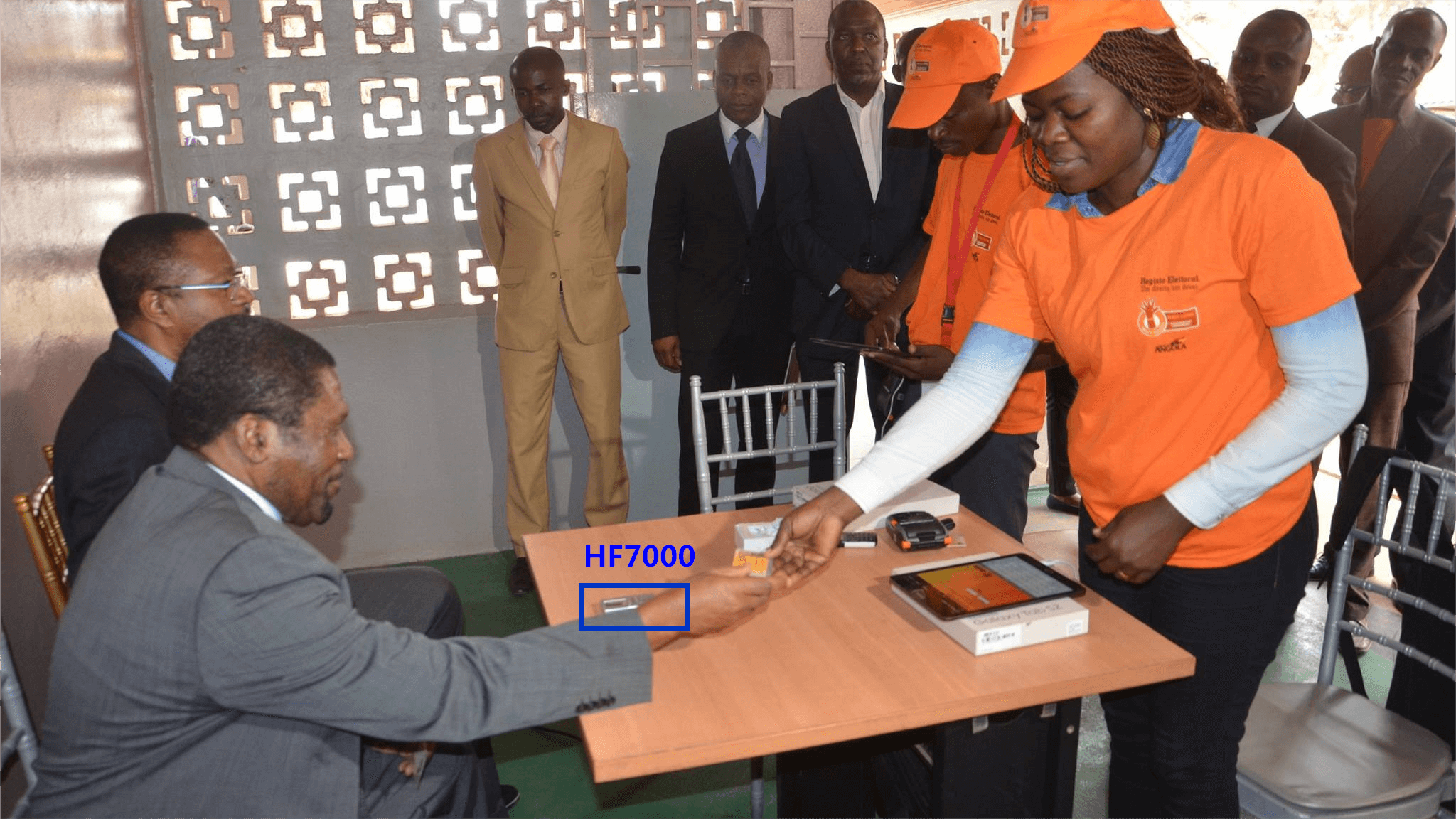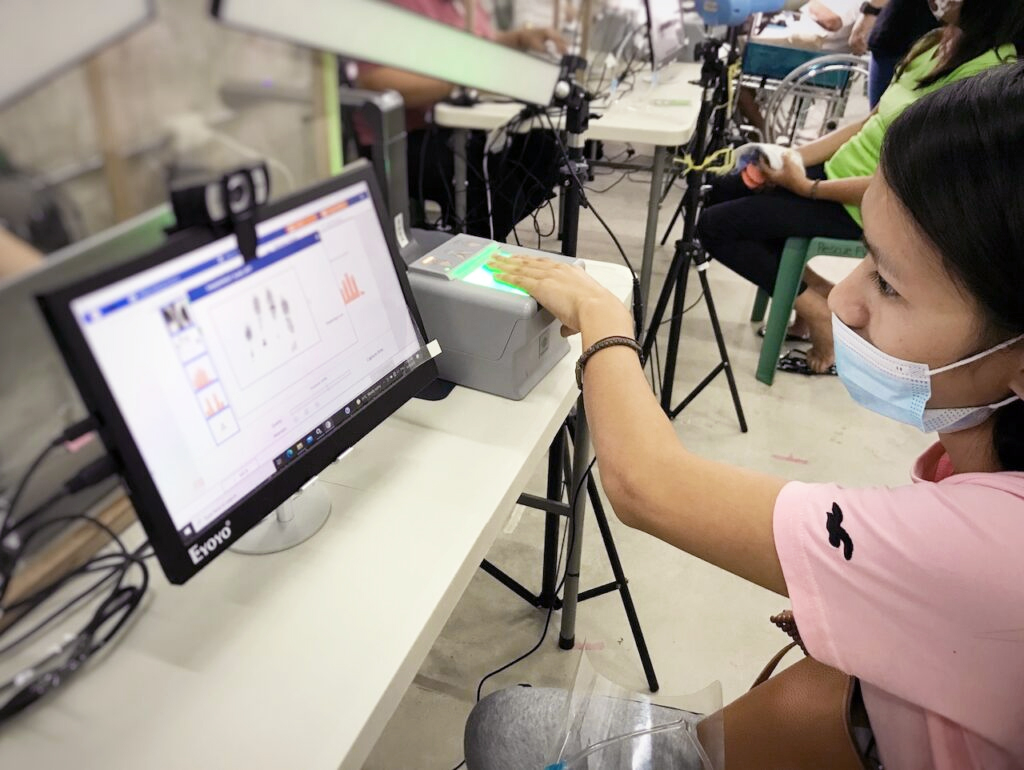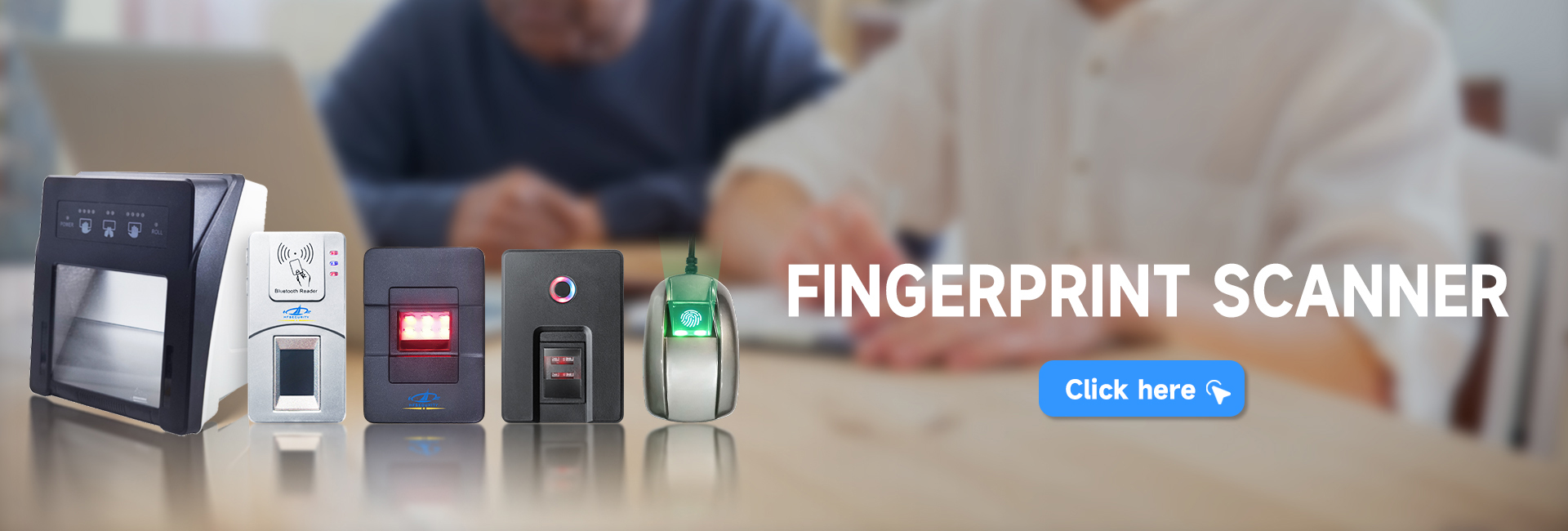Fingerprint scanners play a crucial role in biometric voter registration and biometric voter authentication. In these systems, the unique fingerprint patterns of individuals are used to ensure accurate voter identification, prevent voter fraud, and streamline the electoral process. Here is how fingerprint scanners are used in both registration and authentication stages:
1. Biometric Voter Registration:
– Capturing fingerprints: During the voter registration process, individuals are required to provide their fingerprints using a fingerprint scanner. The scanner captures high-quality images of their fingerprints, which are then used to generate unique biometric templates.
– Storing biometric data: The captured fingerprint templates are stored securely in a central database or sometimes even on a voter card. This database serves as the foundation for the entire biometric voter management system.
– Deduplication: Using advanced algorithms and software, the biometric voter registration system identifies duplicate or fraudulent registrations by comparing each individual’s fingerprint templates to those already stored in the database. This process helps to eliminate redundant or multiple entries, ensuring that each voter is only registered once and that the electoral roll is accurate and up-to-date.
2. Biometric Voter Authentication:
– Verifying voter identity: On Election Day, voters are asked to provide their fingerprints using a fingerprint scanner at the polling station. These scanned fingerprints are then compared to the stored fingerprint templates in the database or voter card to confirm the voter’s identity.
– Ensuring legitimate votes: By verifying the voter’s identity, the biometric voter authentication system ensures that only eligible voters are allowed to cast their votes. This prevents voter fraud such as impersonation or ‘ghost’ voting.
– Speeding up the voting process: Biometric voter authentication can significantly reduce the time it takes to verify voter identities and cast votes. This helps to streamline the entire electoral process and minimize delays during Election Day.
In summary, fingerprint scanners play a vital role in both biometric voter registration and authentication, helping to ensure the integrity of democratic elections by preventing voter fraud, simplifying the voting process, and accurately identifying eligible voters.

HFSECURTY HF7000 use in Angolan Presidential Election Project

HFSECURITY Bio7 Plus 442 ten fingerprint scanner for Fingerprint Registration



